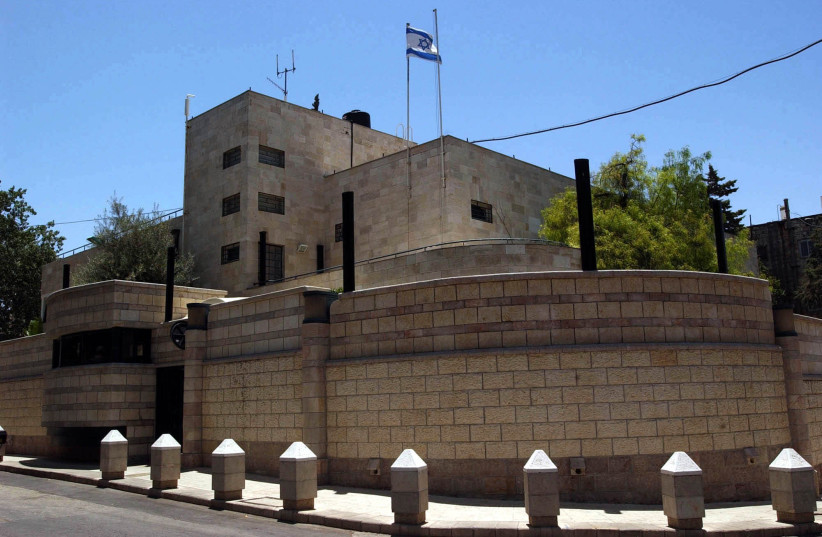According to a report published on Tuesday, the allocation of funds for the Prime Minister’s residence in recent years has been published.
The report claims that the Prime Minister's Office has spent approximately 56 million shekels over the past few years on the construction and protection of private residences for the past three prime ministers.
The findings from the report indicate Benjamin Netanyahu spent 27 million shekels, Naftali Bennett 25 million shekels, and Yair Lapid 4 million shekels.
The State Comptroller criticized the management of the Prime Minister's Residence stating that "There is no way to explain how the Startup Nation fails to establish a residence for an entire decade."
The comptroller added that they " did not receive an explanation for why millions are spent on securing Netanyahu's private residences.
The [spendings] of the Prime Minister's Residences reflect [economic] inefficiency and public money wastage.
PM Residence spending reflects "public money wastage"

This is an outrageous management," asserts State Comptroller Matanyahu Englman in a special audit report on the Prime Minister's Residences.
"Even during times of war, I did not receive an explanation for why millions more shekels are being spent on securing the Prime Minister's private residences. This is while the official residence on Balfour Street is not adequately prepared for wartime threats, and during the first weeks of the conflict, the Prime Minister did not reside there."
Englman warned against the construction of private properties, leading to an undesirable mix of private and public interests. "
The Prime Minister's Office did not provide an explanation for why, instead of spending tens of millions of shekels on renovating private residences, they didn't purchase an alternative apartment in Jerusalem, owned by the state and funded by public funds, available to all future Prime Ministers," emphasized the report.
State Comptroller Englman concluded that the current situation cannot continue and demanded that efficiency and savings principles be central in future decision-making processes.
The comptroller further asserts that between June 2018 and January 2019, the Prime Minister's Office was delayed in planning regarding the extent of public funding allocated for works to be carried out at the private residence in Caesarea, due to difficulty in distinguishing between maintenance activities at the private residence and those aimed at improving its structure.
Consequently, there was an approximately 8-month delay in commencing renovation works at the official residence in Balfour.
Additionally, it was found that by November 2019, security works costing 795,000 shekels and maintenance works costing 190,000 shekels were carried out at the private residence in Caesarea, of which 165,200 shekels were funded by the Prime Minister's Office and 24,800 shekels were privately funded, as per the office accountant's instructions.
The auditor found that the cost of securing the private residence in Tel Aviv of Member of Knesset Yair Lapid during his tenure as Prime Minister amounted to 3.58 million shekels.
The auditor also found that the cost of security and fortification works at the residence in Azza Street and in the residence in Caesarea during Netanyahu's tenure as Prime Minister, from January 2019 to November 2023, amounted to approximately 27.8 million shekels.
During the period of Bennett's tenure, the rental of mobile service units for security personnel amounted to approximately 103,000 shekels per unit per month.
During the first month of the "Iron Swords" war, Prime Minister Benjamin Netanyahu resided outside the official alternative residence in Azza Street.
At that time, the duration of the war was unknown, and the Prime Minister's Office worked to establish a protected space in the courtyard of the official alternative residence, estimating its cost at 474,000 shekels.
At the end of the day, the findings of this report reflect a persistent weakness in the Prime Minister's Office over a decade in making decisions regarding the construction of a new office building and renovating the official residence of the Prime Minister, and implementing them," concludes the State Comptroller in the summary of the report.
